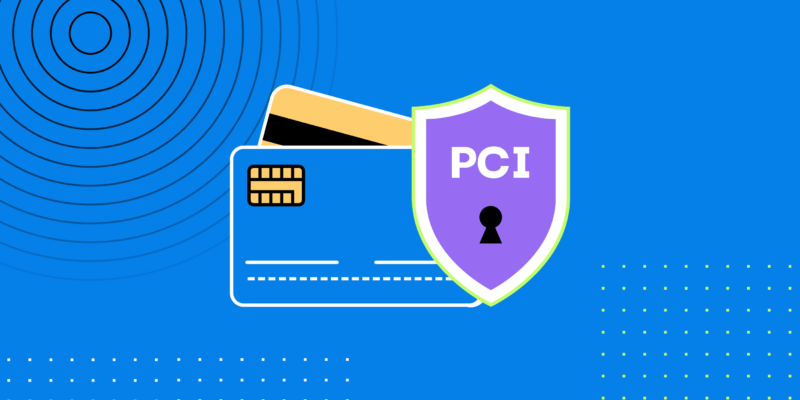Did you know the global B2B payment market is set to hit over $20 trillion…

PCI Compliance Test: Secure Your Business Today
Did you know that 70% of small businesses that face a data breach often go out of business within a year? This fact highlights how crucial it is to have strong security, especially for payment card info. A PCI compliance test might seem tough, but it’s key for all businesses. Following the Payment Card Industry Data Security Standard (PCI DSS) helps protect your customers’ data and keeps your business safe from big fines and losing credit card services.
A detailed payment card industry compliance evaluation includes steps like self-assessment, scanning for vulnerabilities, and testing for penetration. It’s important to know about PCI compliance levels, which depend on how many transactions you handle. Whether you process less than 20,000 or more than 6 million transactions a year, there are specific rules to follow. A full pci security standards audit makes sure your online payments are safe and your business follows the rules.
Key Takeaways
- 70% of small businesses hit by a data breach often close within a year—showing how vital PCI compliance is.
- A pci security standards audit is key for keeping customer data safe and avoiding fines.
- PCI compliance tests include steps like self-assessments and penetration testing.
- Know the details of compliance levels based on how many transactions you handle.
- Meeting PCI DSS standards is essential for the integrity of your online payment data integrity check.
Understanding the Importance of PCI Compliance
In today’s digital world, keeping cardholder data safe is crucial. PCI DSS compliance checks help protect sensitive info. This is key to keeping customer trust and preventing data breaches.
Why PCI Compliance Matters
PCI Compliance lowers the risk of cyberattacks and boosts a company’s security. For online shops, meeting PCI DSS standards is a must. It shows you care about protecting customer data, making you more trusted by customers and partners.
PCI DSS Requirements
The PCI DSS has 12 main rules to keep cardholder data safe. These rules cover securing networks, testing data protection, and having a strong security policy. Each rule is important for checking if you meet PCI DSS standards. Following these rules helps avoid fines and makes your business seen as secure and trustworthy.
Steps to Conducting a PCI Compliance Test
Starting a PCI compliance test is key to protecting your business from security threats and fines. Follow this step-by-step guide to meet all the criteria.
Step 1: Determine Your Responsibilities
First, figure out which PCI compliance level your business fits into. This depends on how many credit card transactions you handle each year. Know your specific duties and needs before starting the test.
Step 2: Perform a Self-Assessment
Use the self-assessment questionnaire from the PCI Security Standards Council to check your security setup. This questionnaire is for different types of merchants, so make sure to fill it out carefully.
Step 3: Review Specific Brand Requirements
Each payment brand has its own PCI compliance rules. Make sure to look at the guidelines from big credit card companies like Visa, MasterCard, and American Express.
Step 4: Conduct Vulnerability Scanning and Penetration Testing
Doing a PCI compliance scan is key to finding security gaps. Penetration testing checks how strong your system is against attacks. Use automated tools or professional services for these tests to get a thorough check.
Step 5: Work with a Qualified Security Assessor (QSA)
Working with a Qualified Security Assessor (QSA) confirms your compliance efforts. QSAs give expert advice through on-site checks and help fix any security issues.
Step 6: Submit Your Official Reporting
After finishing all evaluations, send in your PCI compliance reports yearly or every quarter. This paperwork is crucial for staying compliant and avoiding fines.
Conclusion
PCI DSS compliance is more than just a rule. It’s a key step to keep your business safe from cyber threats. Regular PCI Compliance Tests make sure your networks are secure. This helps protect customer data.
By making PCI compliance a part of your daily routine, you show you’re serious about keeping your business safe. This is crucial for building trust and success in the digital payment world.
Regular compliance tests keep your payment systems secure. This protects your customers’ sensitive info. It’s important for your business’s reputation and trust.
Remember, keeping customer data safe is key to your business’s success and trust. It’s not just about following rules.
PCI DSS compliance shows you’re serious about data security and doing things right. It tells your customers their info is safe with you. By focusing on secure payments and following PCI DSS, you make your business a trusted name in the digital world. This sets a strong base for growth and happy customers.



Comments (0)